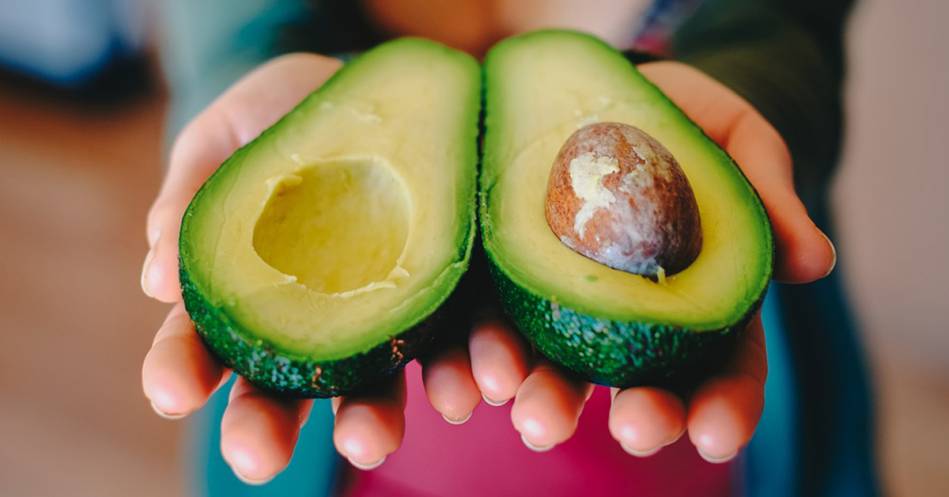
Plant-based proteins: 11 dishes if you want avoid animal proteins

Healthy adults should consume approx. 0.8 gram of protein per kilogram of body weight alongside a balanced diet. But we shouldn’t forget that if we regularly exercise, the body’s protein requirement will increase.
People who decide to avoid meat and/or foodstuffs of animal original, or those who are suffering from food allergy or who are intolerant to certain foodstuffs, can still provide proteins necessary for the human body from plant-based sources. Plant-based proteins contain no milk derivatives and allergic reactions related to milk products can be avoided. On the other hand – in contrast to whey – they are rich in fibre and due to this they help digestion.
Ground rule of vegetarians: complete protein intake!
What is a complete protein? A protein is considered ‘complete’ when it has the essential amino acids required by the human body in somewhat equal ratio and amounts. Complete proteins include proteins of animal origin, for example meat, fish, eggs and milk products. In contrast to animal proteins, plant-based proteins are considered incomplete source of proteins.
| As various plants contain essential amino acids in different combination, you can combine foods to make what is called complimentary proteins. This method is called complete protein intake. |
You don’t have to eat meat every day!
Eating too much meat can cause lifestyle diseases, such as high cholesterol level, obesity, arthritis, heart- and coronary diseases or osteoporosis. This of course does not mean that we have to completely give up eating meat. We can also do a lot for our health by allowing plant -based proteins alongside animal proteins.
Let’s have a look at a few examples for plant-based protein sources!
11 plant-based protein sources for the followers of a vegan diet
| Legumes: easily accessible and cheap source of nutrients for everyone. They are rich in fibres and have a high protein content and therefore they give a feeling of fullness for a longer duration. |
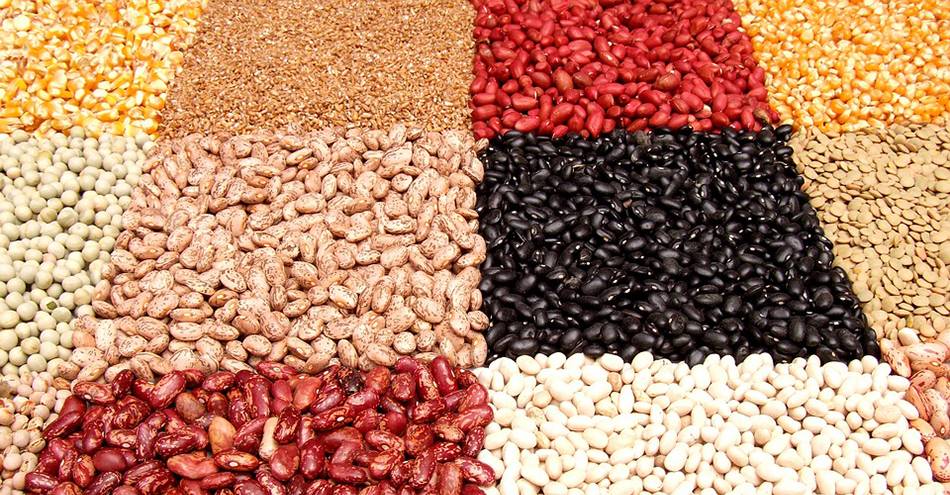
1. White beans: beans with a high fibre content and rich in potassium. 100 grams of dry white beans contains 23.4 grams of protein.
Tip: improve the flavour sensation of your salads by adding a handful of white beans and you can easily add a little extra to the routine of everyday life!
2. Lentils: they are only slight behind soy, which duly sits on the throne of plant-based proteins. As to its positive attributes we have to mention that it is not allergenic and it is easier to digest than soy, beans or peas. 100 grams of dry lentils contains 24.6 grams of protein.
Tip: select a new garnish for your chicken breast steak for lunch. Choose lentils today instead of rice!
3. Green peas: our childhood favourite. It can be found in nearly all vegetable gardens in Hungary, it is easily accessible, excellent source of fibre and protein. Rich in vitamins B1, B2 and C. Rich in carbohydrates, its calorific value is close to the calorific value of potato. The energy value of green peas is low, 100 grams contains only 81 kcal. However its protein content is lower than the previously listed legumes, as the same amount of green peas contain only 5.4 grams of protein.
Tip: instead of potato puree try green peas! Mix it with coconut milk and prepare a very delicious meal!
| Nuts: they can be inserted into our diet as extremely good energy sources. Even though they are rich in calories, they are also rich in various vitamins and minerals. |
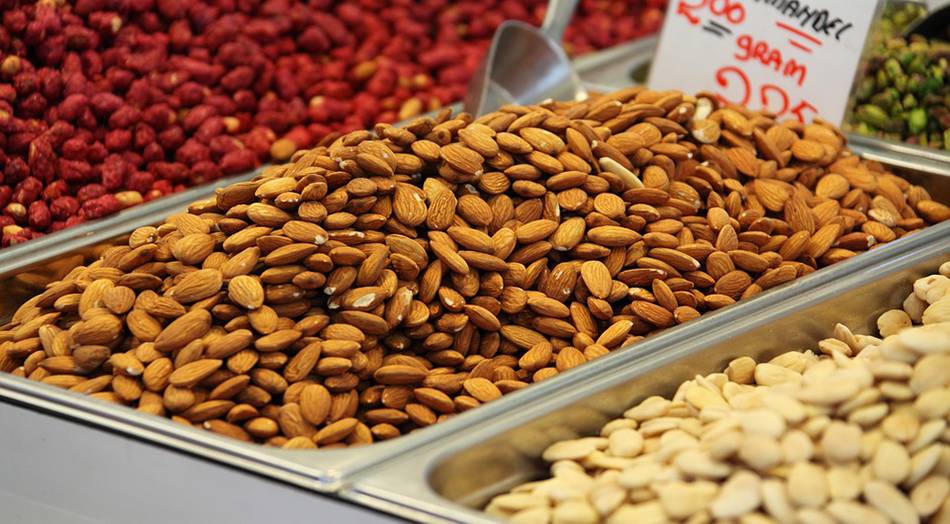
If we are talking about nuts, the first thing that comes to our mind is roasted and salted peanuts, which we love to munch on in front of the telly. Or maybe pumpkin or sunflower seed consumed during the football games during the weekend? Is that right? We have to be moderate with these nuts as they are rich in calories and fats.
4. Peanut: versatile forms of use. Popular roasted snack, ideal for breaded foodstuffs and for making peanut butter. 100 grams of natural peanuts contains 593 kcal, 26.7 grams of protein, 47.2 grams of fat and 14.7 grams of carbohydrates.
Tip: during weight-loss diets avoid snacking on peanuts. Use them rather for your breakfast toast or add a few peanuts to your salad.
5. Pumpkin seed: available all year round, popular dehulled and roasted snack for everyone independently from the age group. Pumpkin seed flour is a popular ingredient for various vegan and paleo recipes. Excellent source of magnesium, rich in zinc, contains high level of magnesium, rich in folic acid and vitamins B. 100 grams of dehulled, plain pumpkin seeds contains 536 kcal, furthermore 28.5 grams of protein, 35.7 grams of fat and only 3.6 grams of carbohydrates.
6. Almonds: the stone fruit, which is hard in the outside hides a delicious pit inside rich in nutrients. Very popular in pastry shops, at the same time during weight-loss diets it is ideal complementary ingredient to a delicious cup of oatmeal. Outstanding vitamin B2, calcium, magnesium, phosphorus, zinc and iron source. It contains large amounts of vitamin E. It has a high energy value similarly to other nuts (610 kcal/100 grams) but is rich in proteins (27.6 grams/100 grams) and fats (52.2 grams/100 grams)!
| Vegetables: There are certain vegetables rich in fibres, vitamins and minerals, which can also take pride in their protein content. Vegetables can be easily inserted into weight-loss diets, as their energy value is very low. |
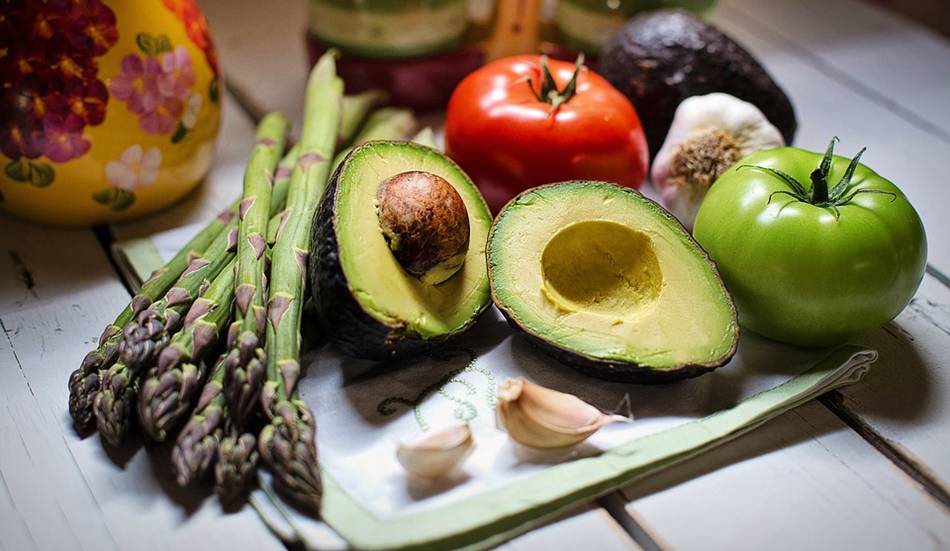
7. Spinach: we can easily say that it is the most versatile vegetable of nature. It can be used raw, steamed, as garnish, in a stew or flavouring various meats. It contains high amounts of vitamin K, vitamin C, manganese, iron, potassium and calcium. 100 grams of spinach contains 2.3 grams of protein.
8. Broccoli: it is frequently used during weight-loss diets. It is good news that besides its low energy value it is also rich in proteins. 100 grams of broccoli contains 3.3 grams of protein.
9. Asparagus: with the onset of spring, asparagus is a popular vegetable in many households. It is rich in vitamin B, excellent source of magnesium, potassium and phosphorus. 100 grams of fresh asparagus contains 2.0 grams of protein.
10. Cereals
Various cereals and foodstuffs made from cereals have constituted integral part of the nutrition of humans all over the globe for a very long time. This is not a coincidence, as they offer wide range of nutrients to the human body. Cereals include among others, wheat, corn, rye, oat and all kinds of rice. It is also important to mention nowadays favourites, the so-called pseudo-cereals, which botanically are not part of the cereal family, but with respect to their utilisation they are very similar.
Cereals are rich mainly in carbohydrates. They also have a significant fibre content and due to this they participate in the maintenance and restoration of normal bowel function. Beside the fibre content they are also rich in proteins. Gluten intolerance or celiac disease is becoming a fairly common problem. People suffering from this malabsorption have to be extremely careful when selecting the cereals suitable for them.
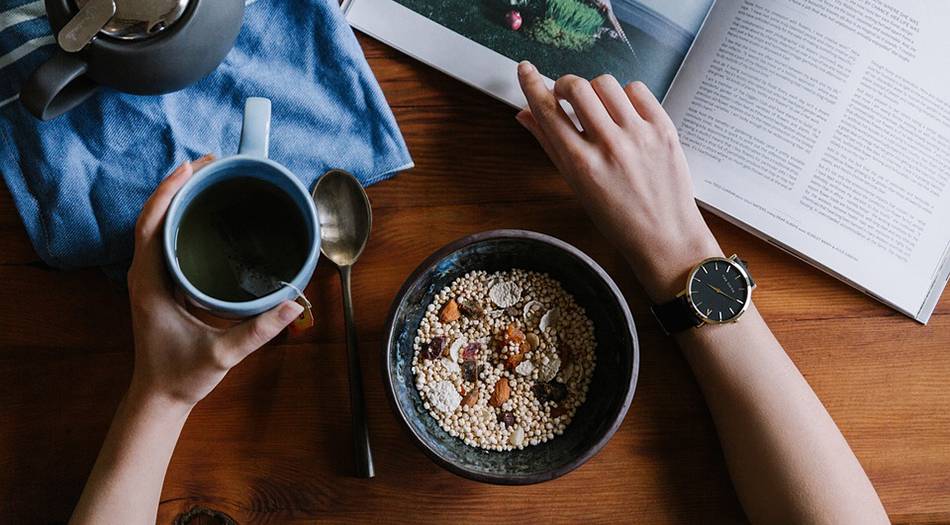
11. Soy: eat it or avoid it?
Soybeans are one of the most controversial foodstuffs. Researches reflecting on its impact on health could easily fill up a smaller library. It can be used in a versatile manner: for sauces, tofu, yoghurt, protein powder – just to mention only a few.
| In its original form 100 grams of soybeans contains 37 grams of protein. It is one of the fundamental foodstuffs of a vegetarian diet, as it offers a versatile possibility to replace products containing milk or meat dishes. |
Physiologically it has several positive characteristics. For example it is an outstanding vitamin B source, it has a high potassium, magnesium, calcium and phosphorus content. It is important to note that it is highly allergenic, therefore it should be considered when consuming.
Protein shake: simple and delicious help in our hectic everyday life
Eating five times a day causes a big challenge to many of us in our highly-accelerated everyday life. A complete and balanced diet is becoming more and more difficult to follow. Protein powders prove to be a great choice in supplementing the protein content of our diet, by quickly supplying all amino acids required by our body.
The BioTechUSA Vegan Protein product is an excellent choice for those who are sensitive to gluten and lactose, furthermore for those who are looking for an alternative to milk-based proteins for certain reasons (e.g. due to a vegetarian diet).
Is there life beyond meat?
Plant-based proteins fundamentally do not substitute animal proteins, but with care, attention and awareness they can replace them. People following a vegetable diet need to be aware of the concept and method of complete protein intake and by this they can ensure a diet offering a complete protein intake. With care, attention and conscious diet planning there is life beyond meat!